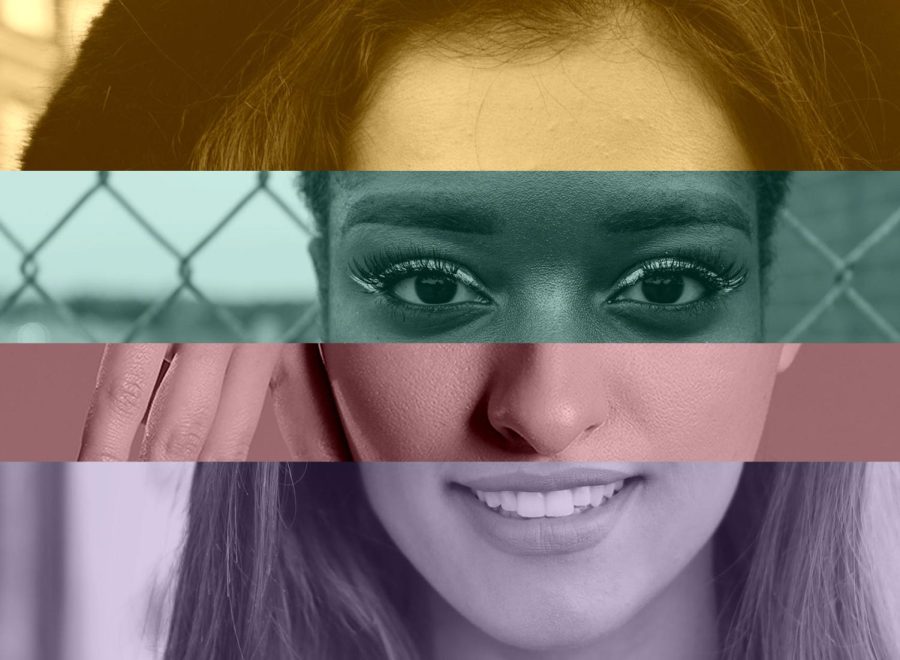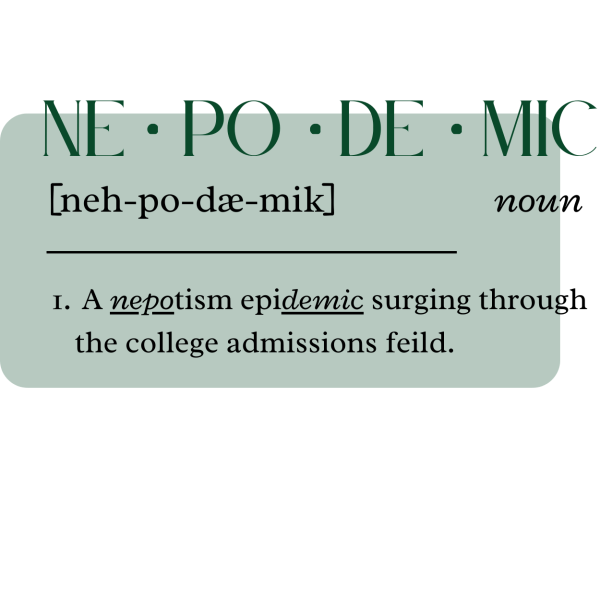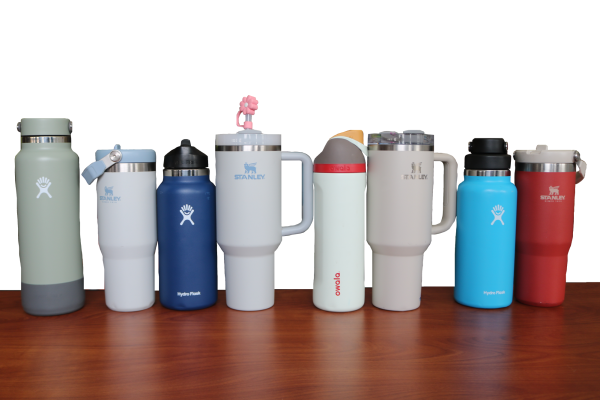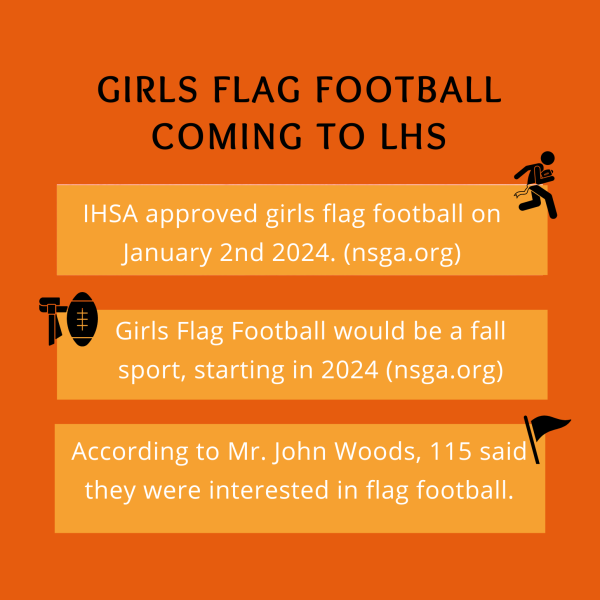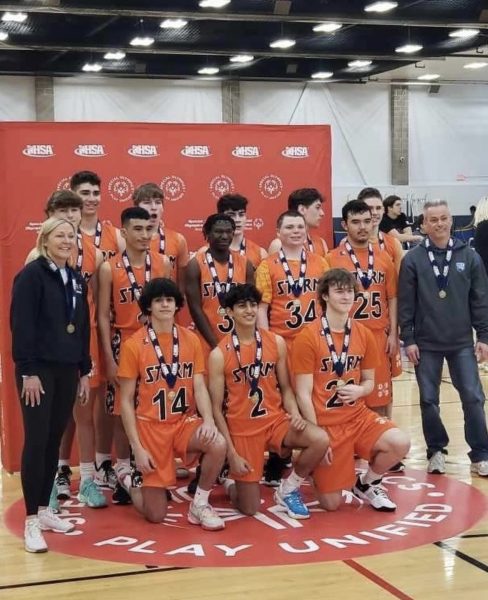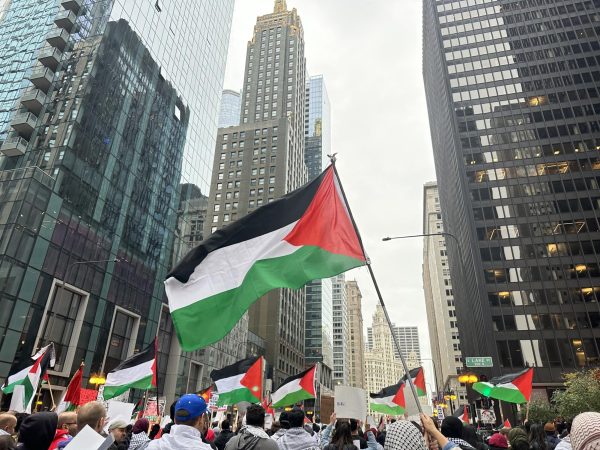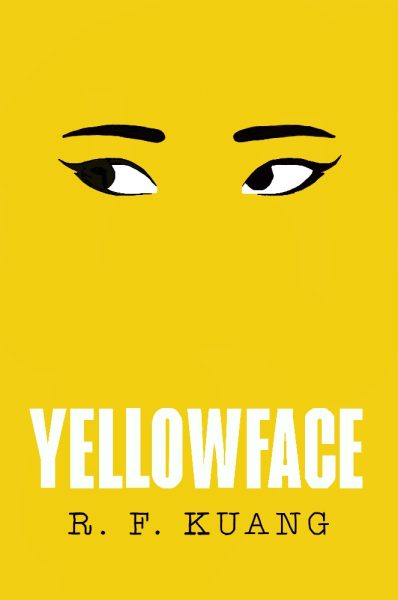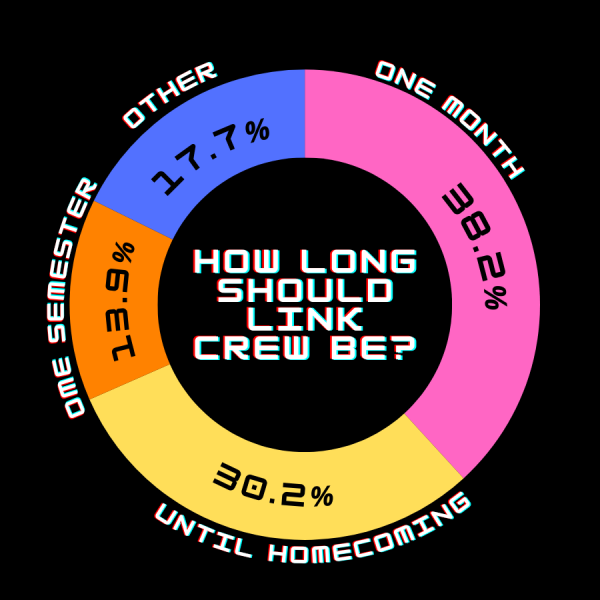The Case of The Beauty Biases
Pretty privilege is the concept of treating someone differently depending on their physical appearance. As much as I’d like to say this doesn’t exist, I see pretty privilege every day.
Although it’s difficult to quantify little instances of people having privilege daily, there are some special instances. Whether you’re in a cafe receiving extra whipped cream from the barista because they think you’re cute or people holding the door for you — not out of kindness, but because they want to introduce themselves.
It’s not surprising that social media, specifically Tiktok, has contributed to this trend. With current beauty standards supporting white, cis-gendered, and able-bodied individuals, it’s incredibly demotivating to people who don’t fit society’s standards.
This can be extended to trans women and people of color — specifically those with darker complections, those who are disabled, older and/or plus-sized. With beauty standards continuously enforcing ‘curvy but not fat, light-skinned, trans but cis-blending, symmetrical faces and able-bodied only’, the idea of societal standards towards pretty privilege is outrageous.
It’s unfortunate to see how much pretty privilege can affect a person’s day to day life.
Studies conducted by Daniel Hamermesh show that people are more likely to be employed, be paid higher wages, be approved for loans, negotiate loans better, have better-looking spouses, and be sentenced less in prison simply by being societally beautiful.
This all stems from the term Pulchronomics, a term coined by Daniel Hamermesh, which is the study of beauty and economics. This field goes into depth about different ways being attractive can affect a person’s economic being — some for the better, and others for the worse.
A study hosted by Harvard University concluded that not only are physically attractive workers more confident, which increases wages, but they are also considered to be more able and have higher social skills in a work environment.
Being on the receiving end of this advantage I’m sure is wonderful; however, there comes a point where it’s just unfair. People can’t control how society defines beauty. The fact that there’s an advantage towards people who subconsciously fit what so-called society believes is beautiful is agitating.
A study conducted in 1975 shows the effects of this privilege. The ‘Halo effect’ presented by psychologists Karen Dion, Ellen Berschied, and Elaine Walster shows how a person perceives the other by first impressions alone.
In the experiment, a group of people received a total of three envelopes that contained three photographs. Based on the images alone, the subject had to determine if the person in the picture was happy, successful in life, etc. Unsurprisingly, those who were deemed more attractive were given generally positive traits compared to those who weren’t.
Thus it’s not surprising that being seen as societally beautiful overall enhances your opportunities in life.
Pretty Privilege has always been a delicate term. It’s difficult to point out that someone lives a better life due to their appearance without making it seem as if the objector is projecting for not receiving the same treatment.
Whether it be intentional or not, pretty privilege can be harmful to an individual’s mental health and self-esteem to both those who do and don’t experience it. Those who experience it may be told to ‘humble yourself’ due to the other party believing them to be arrogant by their features. On the other hand, those who do not experience it may be overlooked or ignored based on how they look. Either way, pretty privilege isn’t as positive as many believe it to be.
We as a society shouldn’t maintain the concept of pretty privilege. No matter how you approach it, it creates an unfair playing field for those who don’t gain the same treatment.
Not only does it enforce deleterious actions and behaviors, it also enhances unfair treatment and subjectivity. Constantly wishing to fit under society’s standards of beauty won’t give you the happiness you deserve, so in an age promoting body-positive ideologies, we shouldn’t let pretty privilege stand a chance.



